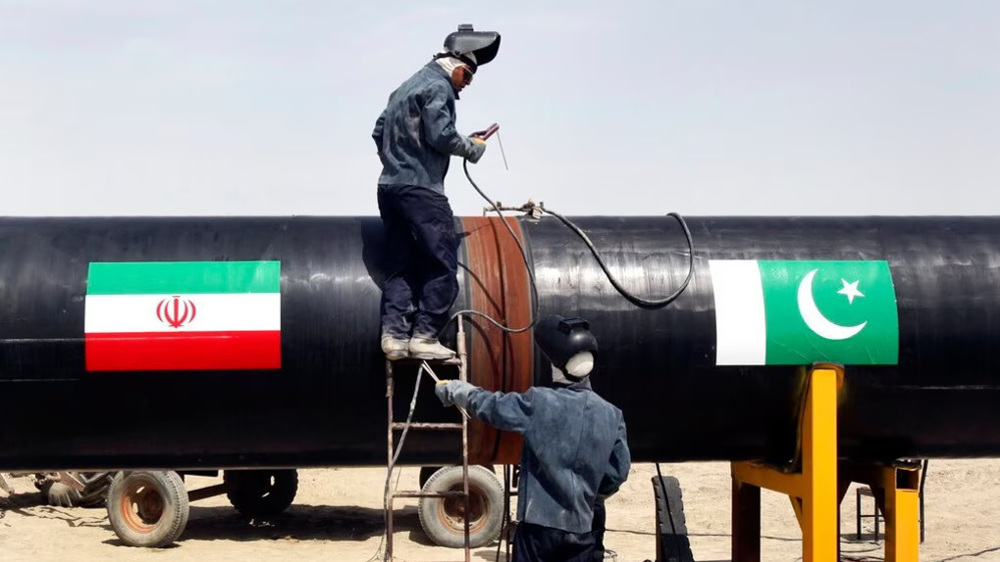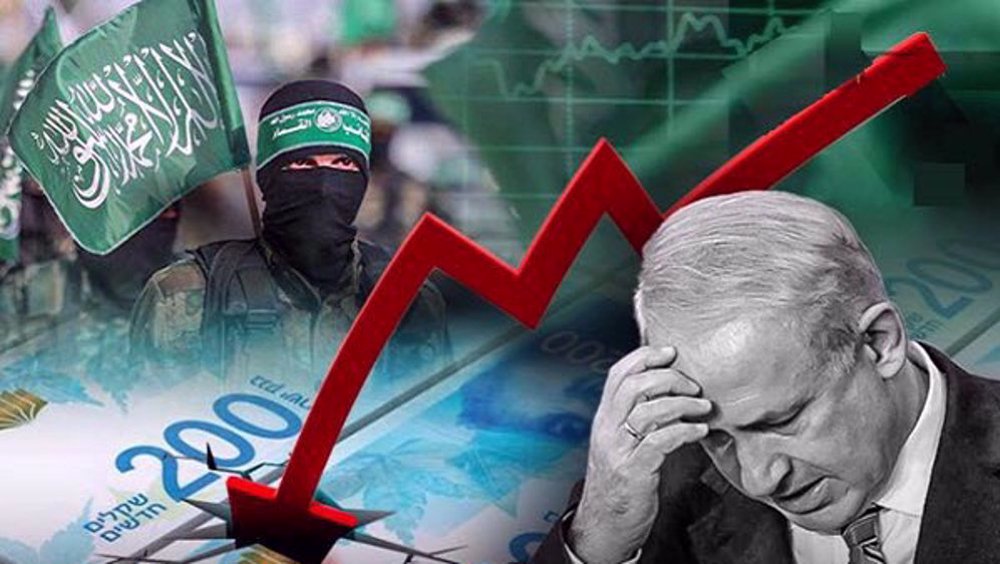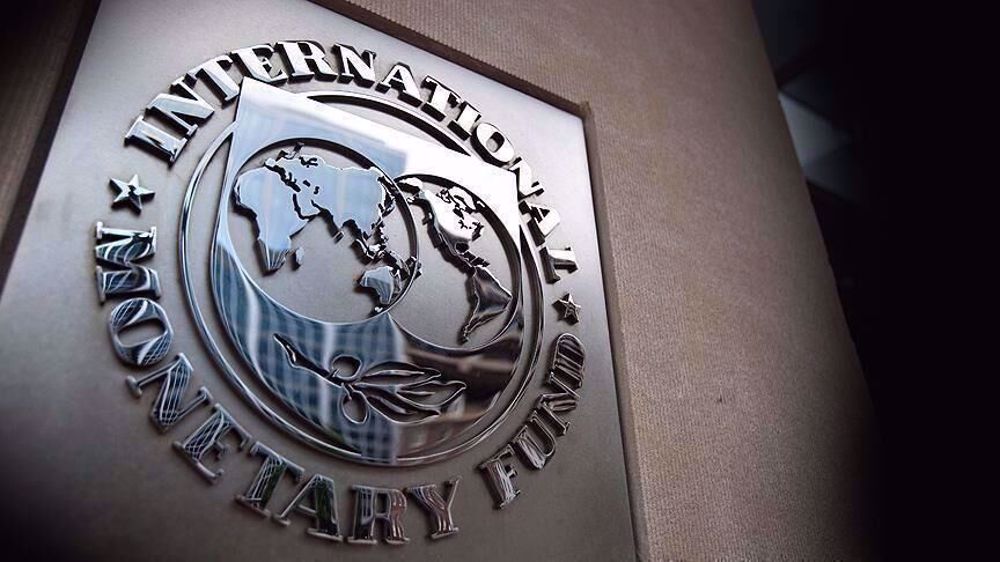Oil prices fall after Saudi no-show
Oil prices have slumped sharply amid uncertainty over whether the Organization of the Petroleum Exporting Countries will reach an output deal.
US crude fell nearly 4 percent, settling down $1.90 a barrel at $46.06 on Friday.
Also, Brent futures dropped 3.59 percent, sliding to $47.24 a barrel.
The latest plunges in crude prices come ahead of a crucial OPEC meeting on an output deal.
The oil cartel is expected to unveil its first output reduction in eight years in an effort to control declining prices.
OPEC, which produces nearly a third of global crude, has already pledged to slash production in a bid to contain crude oversupply that has pushed prices down sharply.
Back in September, OPEC member states clinched a preliminary agreement in Algeria to slash crude output to between 32.5 million and 33 million barrels per day.
Saudi no-show
OPEC member states are expected to hold talks with non-OPEC producers to discuss limiting supply.
Top OPEC oil exporter Saudi Arabia has already announced that it will not take part in the talks on Monday, giving rise to the uncertainty about the 14-nation cartel’s planned output deal.

"There is an official letter from (Saudi Arabia) saying (it is) not attending the meeting because the ministers should agree to the cut and then present the agreement to non-OPEC countries…This will be more effective." an OPEC source was quoted as saying by Reuters.
The meeting in Vienna was supposed to discuss the contribution that non-OPEC oil producers including Russia make to the proposed output curb deal.
OPEC oil ministers were scheduled to meet on Wednesday to finalize the deal.
OPEC dilemma
OPEC member states have failed to arrive at a clear consensus on limiting crude output in a bid to prop up prices.
Some OPEC members including Iran and Libya have already been granted exemption from cutting crude exports.
Iran, OPEC’s third largest producer, says it needs to increase output to regain the market share it enjoyed before the US-led sanctions over its nuclear energy program.

Tehran has already unveiled plans to boost its oil production to 4 million barrels a day.
Iraq, the oil cartel’s number two producer, also wants to be exempted from the proposed plan to limit output, saying it needs oil revenue to fund the war against Daesh terrorists.
However, Saudi Arabia, OPEC’s top producer argues it won’t bear the brunt of production cuts alone.
Riyadh has increased output since 2014 to record highs of around 10.5 million-10.7 million barrels per day.
Some reports suggest Saudi state oil giant Aramco plans to further increase crude supplies in January, casting more doubt on a possible OPEC deal to prop up prices by curbing the global glut.
The oversupply has already seen oil prices more than halving from $115 a barrel since mid-2014.
Declining prices have already taken a heavy toll on oil-dependent economies including Saudi Arabia and Venezuela.
US campus crackdown: 500 pro-Palestinian protesters arrested
VIDEO | Yemenis rally in Sana'a in solidarity with Palestinians in Gaza
VIDEO | Jordanians march after Friday prayers in support of Palestinians
Far-right Israeli minister Ben-Gvir injured
Germany clears pro-Gaza camp as US-style demos spread across Europe
Iran: US lacks competence to comment on human rights, freedom of expression
It could take 14 years to remove debris left by Israel war on Gaza: UN
Iran, China discuss military cooperation
















 This makes it easy to access the Press TV website
This makes it easy to access the Press TV website